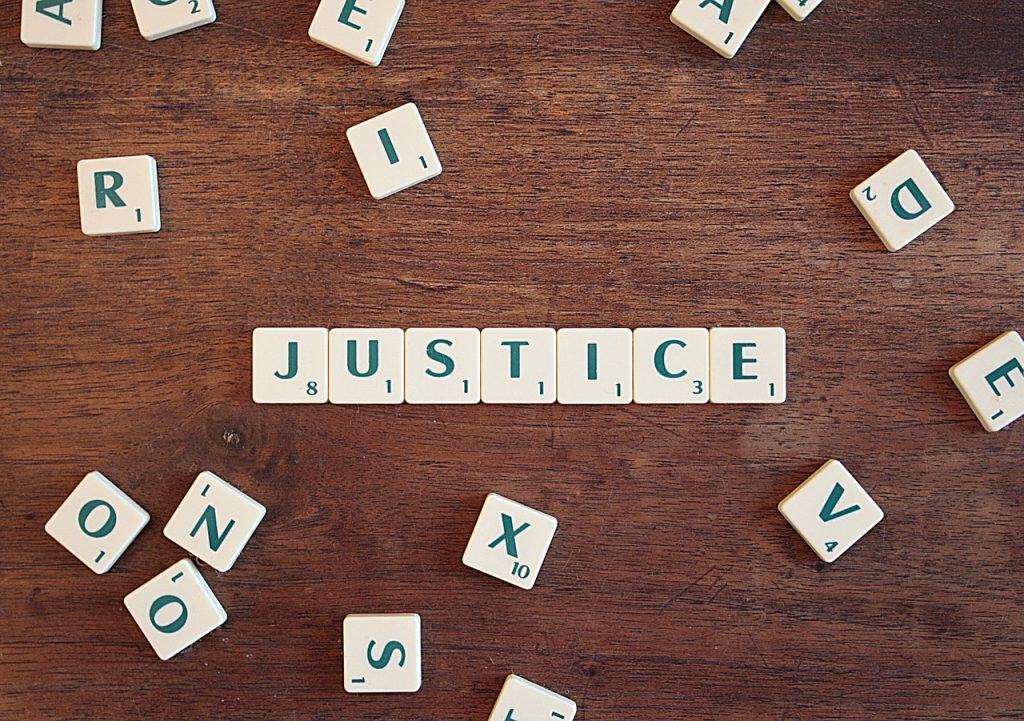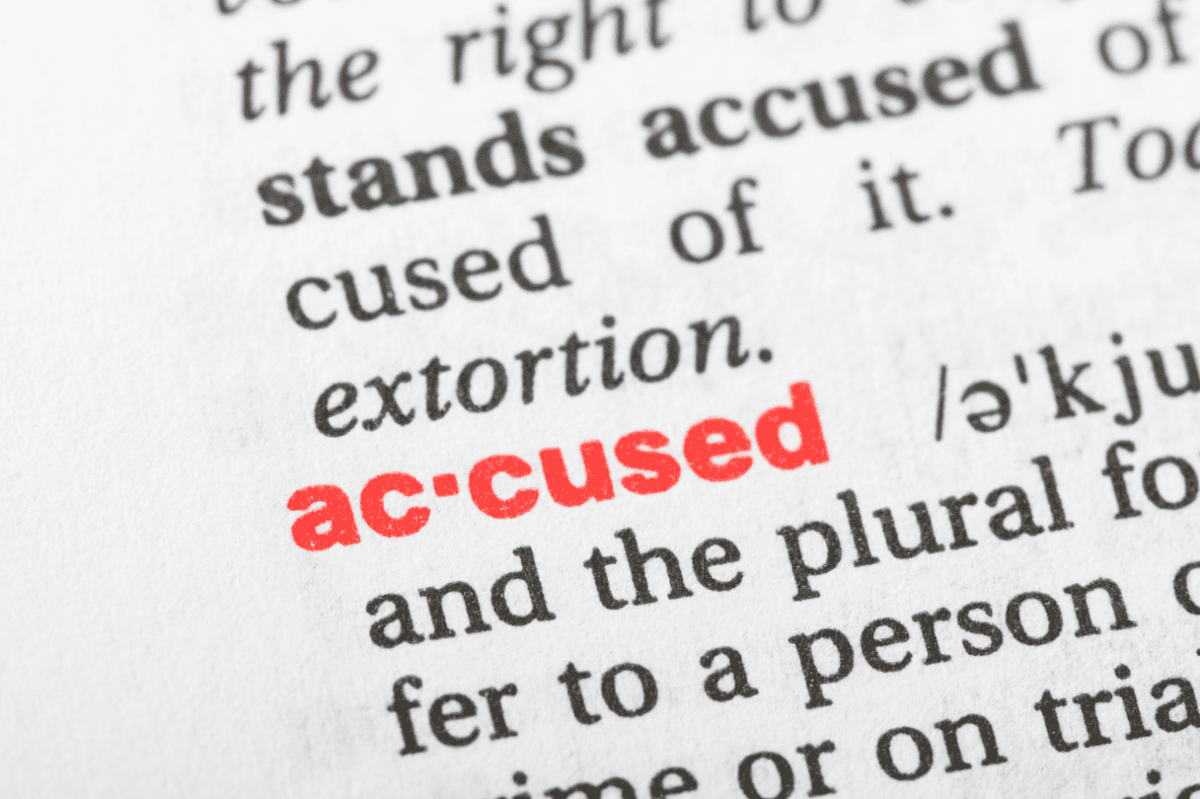Being wrongfully accused of a crime can be one of the most traumatic and life-altering experiences a person can face. The emotional and psychological impact of an accusation, especially one that leads to extended legal battles or imprisonment, can be devastating. This ordeal can leave lasting scars on a person’s mental health, relationships, and sense of identity.
In this blog post, we’ll delve into the intense psychological effects of being wrongfully accused of a crime, exploring how individuals process the trauma, the long-term impacts on mental health, and the difficult road to recovery.
Initial Shock and Disbelief
The first response most individuals have when they are wrongfully accused is shock and disbelief. When innocent people find themselves suddenly implicated in criminal activity, their entire world is thrown into turmoil. The accusation brings a sudden shift from normalcy to chaos, triggering an overwhelming sense of confusion and disbelief. This immediate shock is often accompanied by a racing heart, physical anxiety symptoms, and difficulty processing what is happening.
For many, this disbelief lingers as they try to make sense of the accusation and grapple with the reality that the justice system or society views them as a suspect, despite their innocence. This initial reaction can lead to a sense of disorientation and helplessness, setting the stage for a series of complex emotional responses.

Overwhelming Fear and Anxiety
Once the shock begins to wear off, fear and anxiety take over. The implications of being accused of a crime are severe, and for the wrongfully accused, the fear of losing everything becomes a constant, agonizing companion. They worry about possible jail time, damaged reputations, financial ruin, and the toll on their relationships.
Every interaction with law enforcement, every legal proceeding, and every day waiting for news can heighten this anxiety. This fear is not just about the present, but also about an uncertain future, which might include lifelong stigma, loss of career opportunities, and strained family dynamics. For many, this level of chronic stress can contribute to long-term anxiety disorders, post-traumatic stress disorder (PTSD), and other mental health conditions.
Humiliation and Shame
Being accused of a crime, even wrongfully, can create a profound sense of shame and humiliation. Public accusations, media coverage, and social judgment can make innocent individuals feel exposed and degraded. This shame is often compounded when friends, family, or coworkers start distancing themselves due to the stigma of criminal accusation.
People who have been wrongfully accused may feel as though they are being constantly judged or scrutinized, even in situations where they should feel safe. This feeling of constant exposure and judgment can erode self-esteem and make it difficult for individuals to return to normal life, even after they are cleared of the charges.
The Power of Expert Legal Support in Your Corner
Having skilled legal representation can be invaluable when facing serious accusations. A knowledgeable attorney understands the complexities of criminal law, offering a critical advantage by navigating legal nuances, protecting your rights, and ensuring a fair defense.
Whether you are looking for criminal lawyers Brisbane or in any other city, they manage everything from gathering evidence and cross-examining witnesses to interpreting charges and building a strategic case. This type of professional support not only brings peace of mind but also strengthens your position, as an experienced legal advocate can anticipate potential challenges and work to mitigate any damaging effects.
With the right counsel, you’re not alone; instead, you’re equipped with a partner who fights for your best interests, aiming to achieve the best possible outcome in a daunting and high-stakes situation.
Feelings of Isolation and Alienation
The experience of being wrongfully accused often leads to profound feelings of isolation and alienation. Accusations can isolate people from their loved ones, particularly if those around them begin to doubt their innocence. Social networks can shrink, as friends may distance themselves, coworkers may avoid association, and community members may gossip.
As a result, wrongfully accused individuals may feel alone in their struggle, with no one to share their experience with. This isolation is compounded by the difficulty of explaining the situation to others and the fear that people might not believe them. Over time, this alienation can lead to withdrawal from social activities, depression, and, in extreme cases, suicidal ideation.
Loss of Personal Identity
For many, wrongful accusations threaten their sense of personal identity. Being labeled a criminal or suspect, even unjustly, creates a damaging self-perception that can be difficult to shake. This identity crisis may lead them to question who they are, what they stand for, and their place in society. This shift can affect all aspects of life, from career and personal relationships to self-worth.
Many people find that, regardless of the outcome, the wrongful accusation becomes a part of their story—a dark chapter that redefines how they view themselves and how others view them. Rebuilding a sense of self after such an experience can be one of the most challenging aspects of recovery.
Long-Term Mental Health Consequences
The mental health effects of wrongful accusations are often long-lasting. Studies show that individuals who have been wrongfully accused may suffer from PTSD, depression, anxiety, and other mental health disorders for years, if not a lifetime.
These psychological scars don’t simply vanish after charges are dropped or a person is exonerated. The trauma can manifest in nightmares, flashbacks, and avoidance behaviors.
For some, it may take intensive therapy to begin processing the pain and distress associated with the experience. The road to mental health recovery can be a long, painful journey, often requiring both emotional support from loved ones and professional mental health interventions.
Impact on Relationships and Social Connections
Wrongful accusations can have a ripple effect on a person’s relationships. Trust may be damaged, and friends or family members may feel unable to support the individual due to social stigma or personal doubts. The stress from the accusation can also strain marriages, partnerships, and family ties, with some relationships ending due to the strain.
Children of the accused may suffer socially or emotionally, as peers and community members may treat them differently. Even close friends and colleagues may question the accused person’s integrity, leading to feelings of betrayal. Rebuilding these relationships requires time, patience, and understanding from everyone involved, and even then, some relationships may never fully recover.

Path to Recovery and Redemption
Recovering from wrongful accusations is a complex process. Clearing one’s name legally is only the first step; psychological healing often takes much longer. Therapy, support groups, and strong social networks are essential in helping individuals regain their mental health and self-esteem.
For many, speaking out about their experience or advocating for justice reform can be empowering, offering a sense of control and purpose. Support from family and friends can also play a critical role in their recovery, as loved ones can provide a safe space to rebuild confidence and heal from the trauma. Nevertheless, recovery is deeply personal and varies from person to person. Some may find it difficult to move forward, while others may emerge with a renewed sense of purpose and resilience.
The psychological toll of being wrongfully accused of a crime is profound and complex, affecting every aspect of a person’s life. From initial shock and anxiety to long-term mental health struggles and damaged relationships, the path for the wrongfully accused is fraught with challenges.
Recognizing the trauma associated with wrongful accusations is crucial, not only for supporting individuals on their journey to recovery but also for understanding the deep flaws in the systems that allow these situations to arise.
For society, it’s a reminder of the importance of fair and accurate justice processes and of the long-lasting effects that a single wrongful accusation can have on a life. The resilience of those who endure and overcome these accusations serves as a testament to the human spirit and the urgent need for a more just system.


